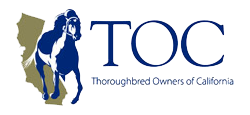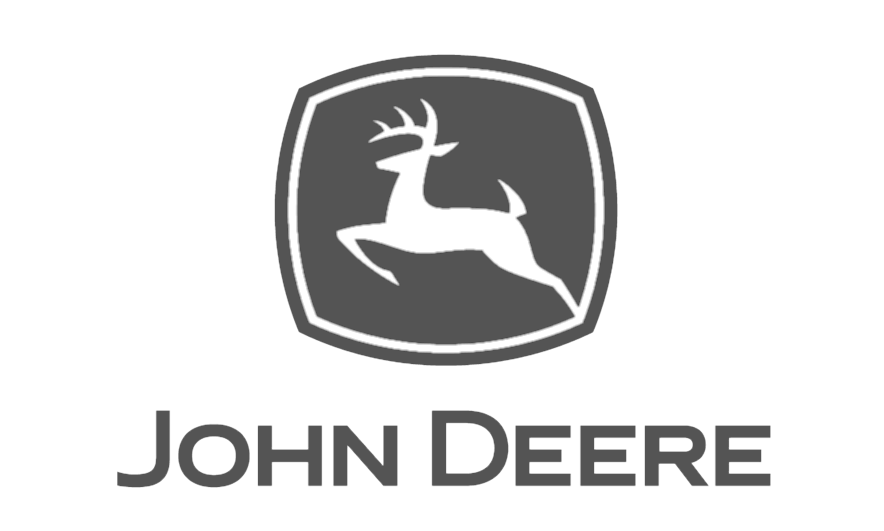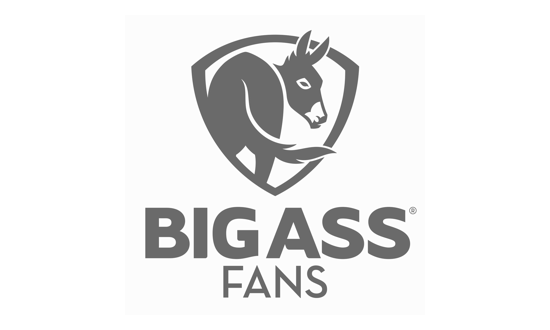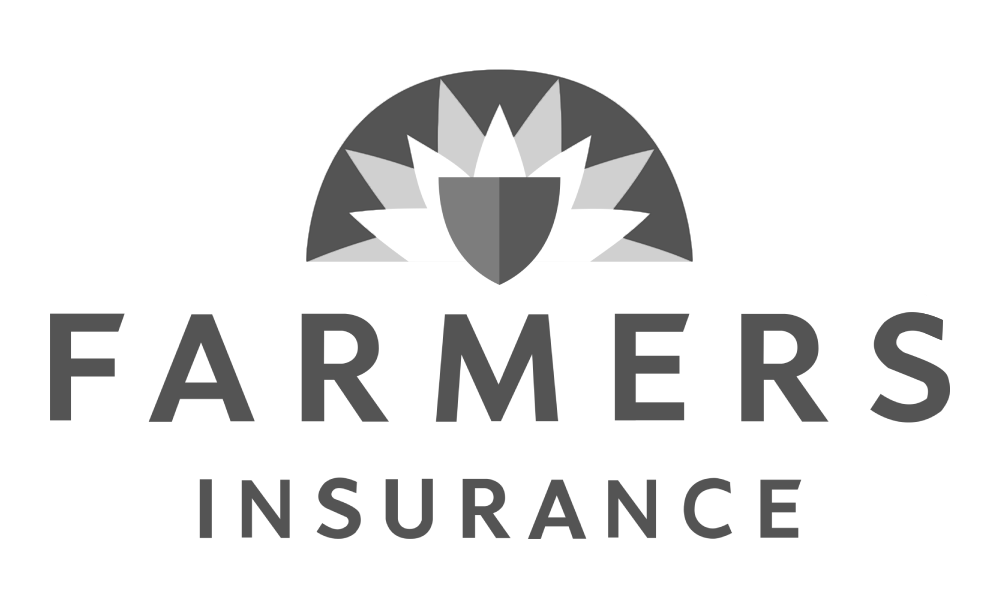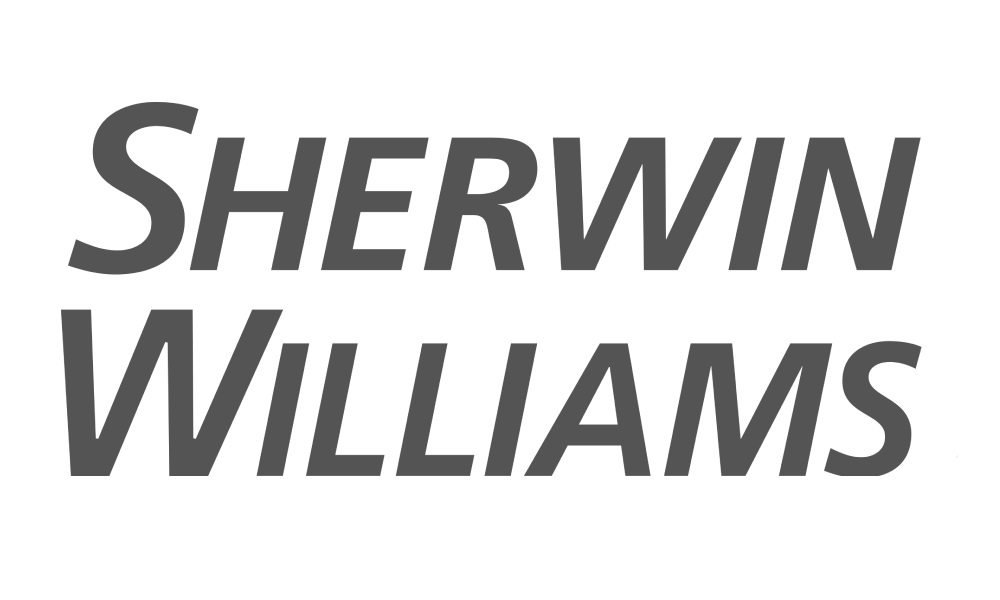By Drew J. Couto, Esq.
How many owners have written contracts with their trainers for services provided? Go ahead, raise your hands. Okay, the six of you that answered “yes” need not read on. However, for the other nine thousand or so who didn’t, consider some of the issues raised in this article. When you are finished, ask yourself: “Do my trainer and I actually have an understanding as to what we expect of one another?”
Now, don’t get me wrong. I’m not advocating every owner, or for that matter, any owner, require a written contract with their trainer. At least not yet. However, I strongly urge all owners to discuss with their trainers certain recurring and occasionally, problematic issues that can arise in the owner/trainer relationship. It is important that both owner and trainer have a mutual understanding of the rights and obligations, as well as the expectations of one another. Whether that understanding should be reduced to a writing is a personal decision. Many factors must be considered including the size of one’s stable, the level of trust between the parties, the duration of the relationship, an individual owner’s ability to absorb large or otherwise unusual expenses, etc.
Why do so few of us have written contracts with our trainers? The answer is really not important. However, the fact that so few of us do is an interesting reflection of our industry; a reflection of what is right and at the same time what is wrong with how our industry conducts its business.
Anyone who has been in the business for any period of time has heard at least one owner speak of a bad experience or experiences he or she has had with a trainer. Likewise, we’ve heard many trainers tell stories of equally bad experiences with owners. More often than not, those bad experiences stem from the fact that neither really understood the expectations, rights, and/or obligations of the other.
In the hopes of avoiding more disputes between owners and trainers, consider the following topics and issues. In particular, consider whether there is a common understanding on these subjects. Where any doubt exists, take time to discuss the subject. Be careful and certain about the relationship. Don’t assume that the other shares your understanding.
Purpose of the Arrangement
This seems like a clear-cut subject, right? Believe it or not, it isn’t always.
Oftentimes, owners send horses to particular trainers believing that individual to have unique or specialized skills. For example, some trainers have outstanding reputations for breaking young or difficult horses, while others for their skill in bringing horses back from injury. Some trainers are recognized for their development of two-year-olds, fillies, sprinters, European horses, etc.
On those occasions when an owner may wish only to engage a trainer solely for that specialized skill and/or for a limited duration, i.e., to break a young horse and then transfer the horse to another’s barn, it is essential that that fact – the intent of the owner – should be disclosed to the trainer from the start. Generally, problems arise when it is not disclosed, as the trainer may have expectations of his/her own.
Fees and Payment
Typically, a trainer’s compensation consists of two components. The first component is “day rate.” The day rate is a fixed, flat fee charged for the day-to-day care and training of a horse. Day rates vary from trainer to trainer and are based largely upon the trainer’s reputation and level of success, as well as the geographic region in which he/she is based. Depending on the services provided, the day rate can vary between $35.00 to in excess of $100.00.
What is a fair day rate? The answer to that question is subjective, meaning it is up to the individual to decide. Accordingly, you must ask yourself: Do I fell I am getting my money’s worth? How does my day rate compare to others? What level of success have I experienced considering the quality of stock I have in training?
About the only advice TOC can give an owner is, when in doubt, ask! Ask other owners. Ask other trainers. Just ask!
Now, the corollary to receiving a fair day rate is being a “good pay” owner. In other words, an owner should pay his/her bills in a prompt and timely manner. Depending on the particular trainer, “timely” means within 15 to 30 days after receipt of an invoice. Barring exceptional circumstances, a responsible owner should keep one’s accounts current.
The second component of a trainer’s compensation is as percentage of purse money earned. As with the day rates, this percentage varies from trainer to trainer, as does the placing for which a trainer requests a percentage. In general, trainers require an owner pay them 10% of all purse money earned. However, some owners pay their trainer the same percentage of purse money that the jockey receives; in other words, 10% for first and 5% for second and third.
Don’t forget, some trainers require an owner pay a “barn stake” equal to 1% to 3% of purse money earned. The barn stake is intended to be distributed among stable employees in recognition of their contribution of the racing effort.
Again, trainers’ fees vary from individual to individual. What constitutes a fair rate is up to the individual owner to decide.
Authority to obtain veterinary and farrier care
One of the most common complaints of owners is that they incur excessive veterinary and farrier expense without prior consultation. The complaint is common because there is no understanding between owners and trainers as to an owner’s desire to be consulted. Oftentimes, trainers assume that they are free to make all decisions regarding veterinary and farrier care. Given that it is the owner who typically pays those expenses, some trainers are not as concerned as they should be about the cost of such care.
Excepting emergency care, that care reasonably necessary to save the life, health, or well-being of a horse, a trainer should consult an owner as to all veterinary care. Likewise, trainers should advise the owner of the need for farrier care, be it the periodic replacement of shoes or special services arising from the peculiarity of an animal’s foot of other physical condition.
As an added safeguard, many owners require their trainer provide invoices for all veterinary and farrier services, and that the invoice be initialed by the trainer as an indication that it evidences services actually rendered, at a rate deemed reasonable.
Rider Selection
Many owners receive great joy, or as some term it, “psychological income” from selecting or participating in the selection of a jockey. Unfortunately, many trainers overlook this pleasure.
However, before an owner can meaningfully participate in the jockey selection process, they must understand precisely what is involved in securing a rider’s commitment. Because of the uniqueness of the situation under which riders are retained, and the peculiarity of the way in which jockeys’ agents often conduct business, trainers must have some liberty in retaining a rider. However, “liberty” should not be confused with complete, unbridled discretion to select whomever the trainer chooses.
Trainers should consider it their obligation to make recommendations as to the appropriate rider for a particular horse. They should recognize that the decision is not theirs, but the owner’s to make. Likewise, owners should recognize that the recommendation likely comes from a very learned individual, more familiar with your horse than you are, and that their judgment should be respected.
Race Selection
Perhaps the single most important issue to be discussed is race selection. The old backside joke about the danger of giving an owner a condition book belies the importance of the issue. Owners want to run their horses at a level that reflects their perceived value and investment, while remaining competitive. Trainers wish to run “their” horse at competitive levels that assure participation in purse money, and contented owners. Obviously, these interests are largely synonymous, but on occasion can differ. When they do differ, problems can arise.
Logic would dictate that it is the owner that has the right to select the race in which one’s horse competes. That is not to say that the trainer’s opinions and recommendations should be ignored. The race selection process should be viewed as a cooperative effort. In that way, both share the glory or blame, for the effort.
Special Board and Feed Considerations
A fair number of owners are also hands-on horseman and horsewoman. When their horses are not in training at the track, they are often at home with the owner, receiving personalized care and attention. As a result, specialized feed and board arrangements can develop.
Owners who wish those special arrangements to continue while a horse is in training at the racetrack must bring those wishes to the attention of their trainer. Typically, trainers respect owners’ requests and, given the trainer’s expertise, can often make recommendations as to further improving a specialized program.
Frequency of Communication
At the very least, owners expect trainers to keep them informed of their horse’s works and race commitments.
Understandable, a horse’s works are extremely important to an owner, particularly given the infrequency with which a horse may race. Works offer more frequent joy and increased levels of excitement to every owner.
Therefore, the parties should have an understanding as to assurances that the owner will be notified in advance of any and all works. Likewise, an owner should recognize that, in most circumstances, the trainer should be free to determine the length and pace of every workout.
Racing Name
Although this point may seem obvious, a prudent owner should be certain that one’s trainer understands under whose name and in whose colors a horse shall compete.
Competition
On occasion, a trainer will enter more than one horse from his/her barn in the same race. As a result, some owners require that their trainer not enter any of the owner’s horses in a race in which the trainer has another horse entered, without that individual owner’s prior consent.
Insurance and Indemnification
At the very least, in order to protect all parties involved, an owner should insist that as trainer provide proof of current workmen’s compensation coverage.
Conclusion
Hopefully, the reader will recognize that this is not an all-inclusive list of the issues relevant to the owner/trainer relationship. Instead, this article is intended to identify issues and concerns common to the relationship so as to encourage owners and trainers to discuss them in advance.
The cornerstones of any long-term owner/trainer relationship are communication and understanding. Where concerns exist about any facet of the owner/trainer relationship, it is best for the parties to discuss those concerns as soon as they arise, rather than when they become problematic.
